Mozambique: Post-election disturbances cost CFM €14 million
Niassa: Mozambique’s sleeping giant
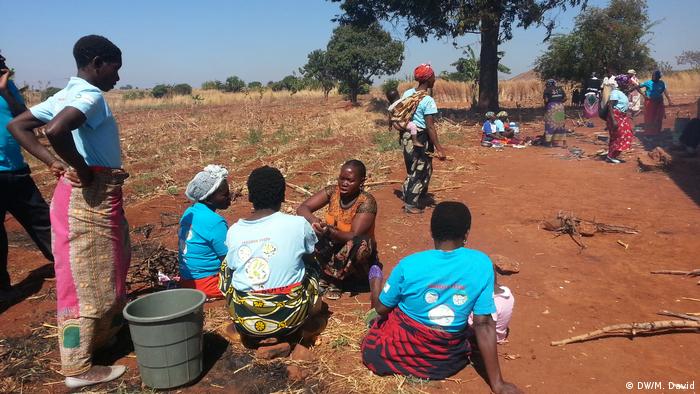
- A fertile and abundant seedbed of resources in Mozambique, Niassa is a sleepy province in terms of development. If its potential were realised, could it be the country’s true breadbasket?
Niassa suffers from a lack of funding in the agricultural sector, failing the provincial economy and that of the country itself. And soaring fuel prices resulting from the war between Russia and Ukraine means that resources are increasingly scarce.
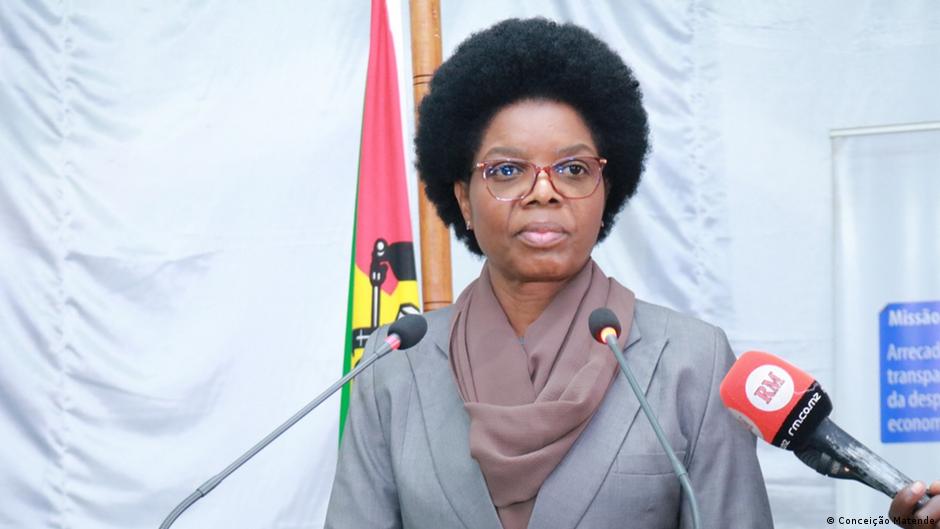
The president of the Mozambican Tax Authority, Amélia Muendane, says that Niassa province has the capacity to transform the national economy on the basis of its resources. But for that to happen, human intervention is required.
“If we look at Niassa’s potential, the province would be able to supply the entire country. Nobody will come to develop Mozambique for us. This generation has to make a difference,” she said.
The province was once considered the breadbasket of the country on the basis of its climatic conditions, the diversity of its mineral resources and its agricultural potential.
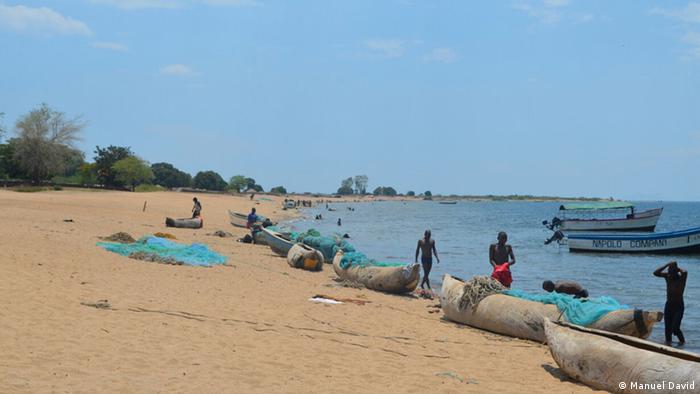
Weak production
Muendane explained that, despite being one of the benchmark provinces in terms of meeting revenue targets, Niassa has one of the lowest national revenue targets, producing the equivalent of only two months’ worth of neighbouring Cabo Delgado.
“Even if the Mozambican state decided today that everything that Niassa collects in revenue would be used for the development of the province, it would still not be able to build a road,” she complains.
For Inocêncio Sotomane, president of the Niassa Business Council, making Niassa the breadbasket of the nation would be a great challenge requiring an adequate restructuring of the productive system.
“Structuring the production system means looking at the entire value chain and trying to find what we are more competitive with in relation to other provinces, and capitalising on exactly these aspects,” he said.
Lack of sale and disposal of products
Jorge Paixão, a producer of Sustenta, a national program for the integration of family farming into productive value chains, explains that farmers exemplify the vast diversity of production in the province as proof of the region’s agricultural potential, but rues the lack of any market for their products.
“Right now we have a lot of maize, soybeans, peanuts, beans, etc. The market is scarce because of the price. We have a quantity of corn that we are not able to put on the market yet. Farmers don’t have the money to absorb all these products from small producers to put on the market,” he laments.
ALSO READ: Niassa: More than 120,000 tonnes of maize remains unsold
The producer also believes that “the problem at the moment is funding to support the purchase of products from small farmers, who are left with many products rotting in warehouses”.
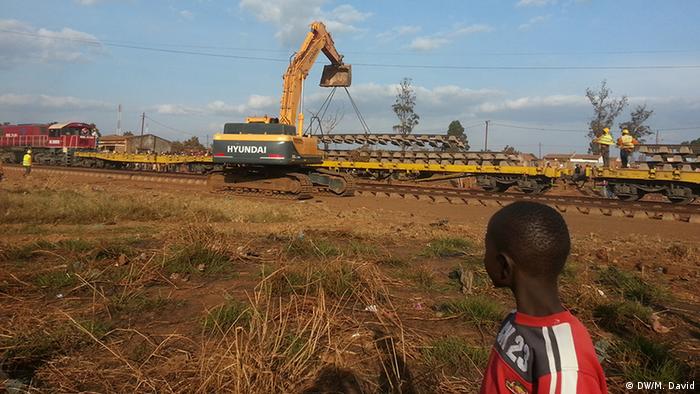
Many deficits to be filled
Economist Steven Manuel told DW Africa that many deficits still need to be filled to allow the province to become a distributor of food products to other parts of the country.
“In order for there to be greater adherence to production, commercialization and exploitation of the potential that Niassa province offers, there is a need for access to information and also the implementation of policies that are more comprehensive, both for the formal and informal sectors, allowing both to exploit all these potentialities and contribute to the province’s revenue,” the economist says.
Niassa is Mozambique’s largest province, with an abundance of mineral resources not yet fully exploited, especially gold, coal, marbles, red granite and semi-precious gemstones. In geographic terms, Lake Niassa, Africa’s third largest, stands out.



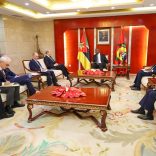
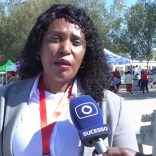


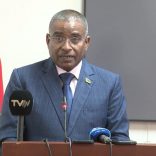





Leave a Reply
Be the First to Comment!
You must be logged in to post a comment.
You must be logged in to post a comment.